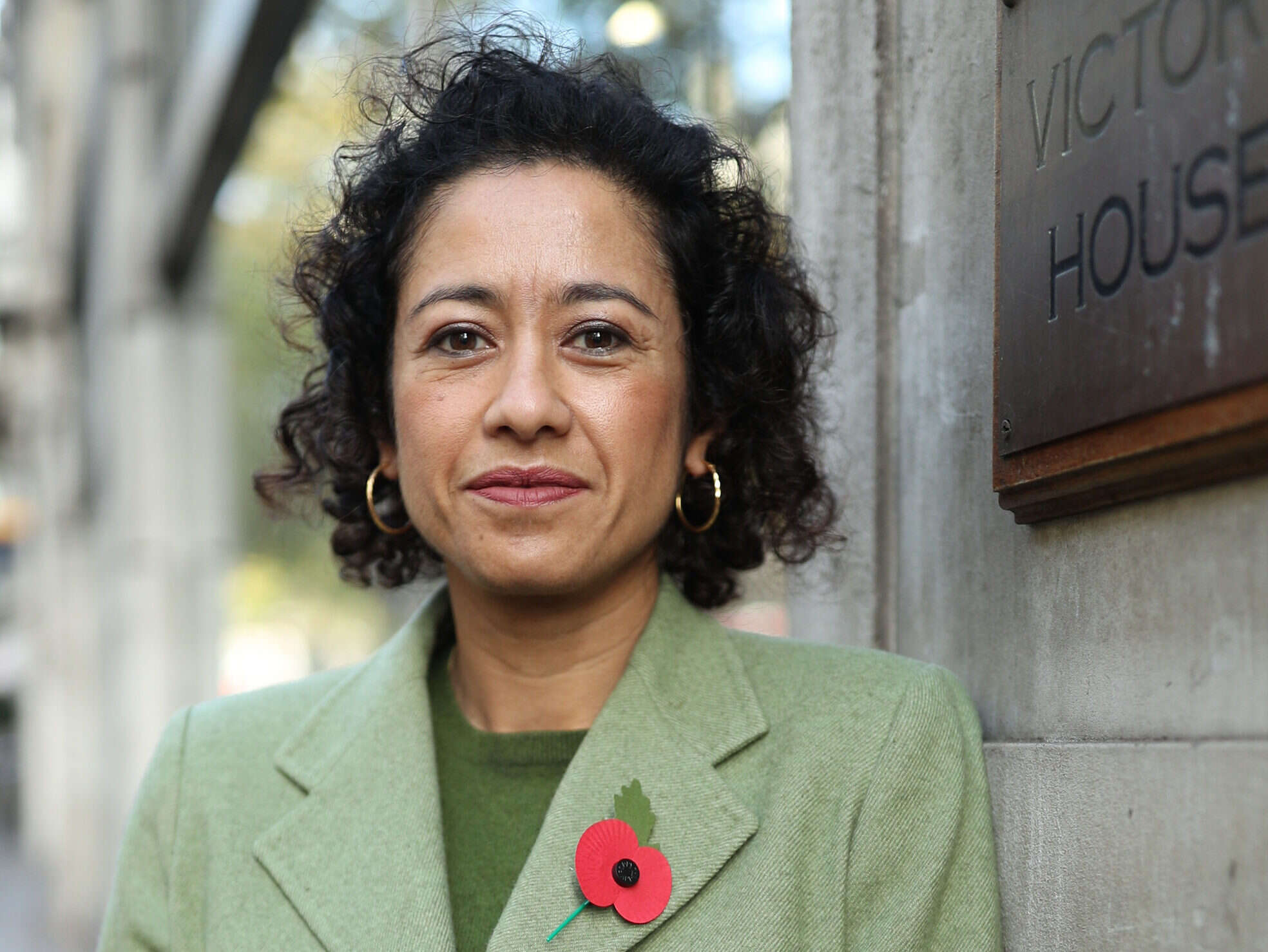
An investigation by the equality watchdog has found no unlawful acts of pay discrimination by the BBC.
But the Equality and Human Rights Commission recommended improvements to rebuild trust with female employees and improve transparency.
Its report said the BBC accepts its historical practices were not fit for purpose and has made significant changes since 2015.
It found inadequate record-keeping on how decisions about pay were made, leading to confusion and poor communication with women making complaints.
Equality and Human Rights Commission interim chair Caroline Waters said: “It is easy to see why trust between some women at the BBC and the organisation has broken down.
“Many women felt their voices were not being heard and have been left feeling confused as to how decisions about their pay have been made.
“This took a heavy emotional toll on those involved in the process and the strength of feeling of women at the BBC should not be understated.
“While we have not found any unlawful acts in our investigation, repairing the damage caused by these issues requires continued leadership and we hope the BBC board takes forward our recommendations.”
The commission launched an investigation into equal pay at the BBC in March last year.
The watchdog said it suspected some female BBC employees “have not received equal pay for equal work”.
It examined whether men and women were paid the same salary for the same job, saying it had “been a legal requirement for almost 50 years”.
The investigation looked at the period from 1 January 2016, covering formal and informal pay complaints.
BBC chairman Sir David Clementi said the findings had been “noted” and the BBC board was pleased that the EHRC “recognise the board’s commitment to ongoing reform”.
He added: “Equal pay is a vital issue and the board will continue to oversee the BBC’s work to be a leader in this area.”
The corporation’s new director-general, Tim Davie, said: “We welcome this report from the EHRC. We note that the commission has made no unlawful findings against the BBC and recognises that there have been significant improvements to BBC pay practices in recent years.
“However, we have to work even harder to be best in class. Trust is vitally important and as an organisation that serves the public, the BBC must continue to lead the way on pay transparency and fairness. We are committed to building a truly inclusive culture.
“We agree with the commission that we should continue to deliver on our reform programme which began in 2015. We accept every one of their recommendations and will implement them.”
Davie recently told MPs there were 20 gender discrimination cases outstanding at the corporation.
In January, Newswatch presenter Samira Ahmed (pictured) won a sex discrimination equal pay claim against the BBC.
In 2019, radio presenter Sarah Montague won a £400,000 settlement and an apology over unequal treatment.
Carrie Gracie resigned from her position as China editor in 2018 in protest at pay inequalities. She was eventually given a full apology by the corporation and received back pay, which she donated to a women’s equality charity.
Gracie said the EHRC report felt like a “whitewash”.
She tweeted: “Examined just 10 cases … Seriously? Follow the ££ instead. BBC forced to pay out to hundreds of BBC women.
“Moral of story – don’t rely on regulator but stay strong, calm, united and justice will prevail.”
BBC Women, a group of more than 150 broadcasters and producers at the corporation, said they were “deeply disappointed by the findings that do not reflect our experiences”.
“New cases are coming forward and women are still heading to court. We fight on,” they said.
The furore was sparked when the organisation published the salaries of its highest earners for the first time in 2017.
Michelle Stanistreet, general secretary of the National Union of Journalists, said many of her members would feel the report “doesn’t address their lived experiences”.
“The fact that so many individual settlements, including Samira Ahmed’s NUJ-backed tribunal win, have taken place underlines the clear problems that have existed. It’s also important to acknowledge that where settlements have taken place, it’s taken an enormous amount of determination, effort and persistence on the part of individuals determined to hold the BBC to account and that comes at a practical and emotional cost.
“The BBC has held its hands up and accepted that its pay processes before 2015 were not fit for purpose. The changes acknowledged by the EHRC since have been achieved with enormous effort and pressure from the joint unions but they are very much a work in progress.
“There are still vital changes that need to take place as the EHRC makes clear – we need urgent action to tackle problems with pay progression, to resolve the issues of outliers, and to improve transparency.
“The report rightly points to a breakdown of trust between staff and BBC management when it comes to ensuring genuine equality and pay parity at work – that has to change and achieving that must be a key priority of the new BBC leadership.”
Philippa Childs, head of technical union Bectu, said: “Though there are still improvements to be made, particularly in relation to pay progression, [the BBC] is more transparent and less likely to result in new cases of unequal pay.
“However we are not complacent and recognise that more work needs to be done. We continue to monitor this situation forensically and to support Bectu members in bringing individual pay cases.”
Picture: Yui Mok/PA Wire
Email pged@pressgazette.co.uk to point out mistakes, provide story tips or send in a letter for publication on our "Letters Page" blog
